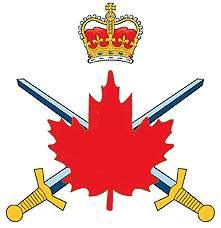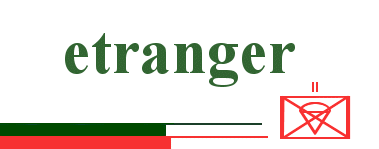CANADIAN LAND FORCES 2300 AD General Order of Battle Regular Forces - Reserve Forces Regiments and Corps Regular Infantry - Royal Canadian Armoured Corps - Royal Canadian Horse Artillery Unit Organisation Combat Walkers - Rank Structure Introduction Canada is one of Earth's most developed post-industrial economies, which has become renowned for its liberalism and its investment in education and the knowledge economy. Canada has remained a leading proponent of global stability and peace, and has become a steadfast opponent of mindlessly confrontational power politics. Whilst this is a genuinely moral position, stability it also benefits Canada's economy balanced as it is between the Atlantic, Pacific, North America and now the colonies. Canada's defence policy revolves around the defence of Canadian territory, the provision of troops for peacekeeping duties effective contributions to Coalition warfare. This has led Canada to deploy small all-regular, mobile forces backed by a rapidly expandable reserve force of Militia volunteers. Although defence spending is a relatively low national priority Canadian regulars have a reputation as being amongst the most highly educated and highly paid soldiers around. However the fighting and professional quality of these men and women has proved to be every bit as high as their illustrious predecessors. The defence of Canadian territory is a relatively simple matter as Canada proper has not been threatened since the dark days at the start of the 21st Century. Mainland Canada is defended by a combination of regulars and the Militia, however it has a relatively low priority due to the lack of threat from its neighbours. Colonial Canadian territories on the Chinese Arm are secured by the Royal Canadian Mounted Police with the assistance of elite units of the Special Service Force. As a senior member of the international community Canada takes her international responsibilities seriously. Alongside Australia she is often seen as a 'honest broker' and is frequently involved in international mediation attempts to resolve tensions without violence. As a frequent signatory to international treaties Canada is usually amongst the first to provide contingents of peacekeeping troops. Canada has 350 years of experience undertaking these duties and is acknowledged as being amongst the world leaders in the field. Sometimes, however, mediation fails and Canada has not proved shy of intervening with military force in these situations. Canada's interventions are almost never unilateral but within the framework of a multilateral coalition. In these situations Canada attempts to provide small, hard hitting and self-sufficient formations capable of independent action alongside her allies. This has been the case in the South Atlantic Crisis of 2150's alongside the British, in the Slaver War with the Manchurians and under Commonwealth auspices in the Kafer War. Today's Canadian Land Forces are small compared to those of other nations but combine excellent training with high recruitment standards. They take pride in their past achievements and traditions whilst fostering forward thinking innovation. This combines to make the Canadian soldier a professional respected by his peers and contemporaries in other Armies. |

